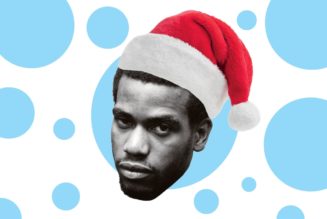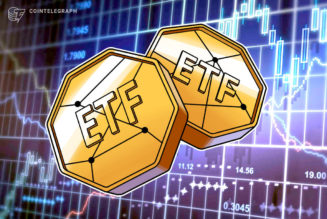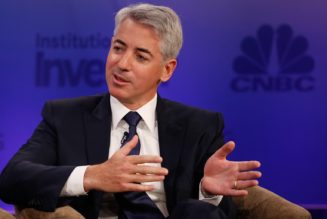Enterprise
Build future value in a business today
Thursday November 16 2023

Work on yourself, take tiny steps forward, in terms of knowledge, skills and mindset and beware of the fallacy of experts. PHOTO | FOTOSEARCH
Imagine the business analyst who today does brilliant work, saving the company millions of dollars. Yet their work in the future is predicted to be awful.
“The foolish reject what they see, not what they think. The wise reject what they think, not what they see,” said Huang Po. Or, the carpenter who makes a rickety expensive table, that soon collapses. When you complain they say: I will do better in the future.
“Free beer tomorrow” is a sign in a bar in Westlands. Time is everything, the present moment is paramount. Many would argue that is only the ‘now’, the present that exists, with the past and the future only present in one’s imagination.
Just as we discount future expected cash flows based on their net present value, what means something, is value in the present. Any future value is created by what the manager does today.
But inevitably, things rarely go according to plan. “Ninety-five percent of the time things don’t go as expected,” says the Sadhguru, the jovial Indian YouTube mystic. He points out that if one has petty limited aims, then the chance of things going according to plan increases.
But if one is ambitious, with all sorts of variables at play, then one can plan, that the plan won’t work out as expected. Life can only be lived forward but understood backwards.
Connecting the dots
“You can’t connect the dots looking forward, you can only connect them looking backwards. So you have to trust that the dots will somehow connect in your future. You have to trust in something—your gut, destiny, life, karma, whatever. This approach has never let me down, and it has made all the difference in my life” was how Steve Jobs expressed it.
With rather pedestrian mitigation measures, conventional risk analysis always misses the game changing events. Events that have changed the course of history, have been ‘black swans’ that no one saw coming.
These are the ‘unknown unknowns’ that Nassim Nicholas Taleb writes about in his landmark books, Fooled by Randomness and The Black Swan that changed how many leaders think about risk. Quite simply, some things in business are just about impossible to predict.
“While certain repetitive patterns, such as seasons, may be predictable, the forecasting of discontinuities, such as a technological innovation or a price increase, is virtually impossible. Of course, some people sometimes “see” such things coming. That is why we call them “visionaries. But they (work)in much more personalised and intuitive ways,” writes Canadian academic Henry Mintzberg.
Imagine that what you ‘know’ is valued at 10 percent, what you ‘know you don’t know’ is at 20 percent, and what you ‘don’t know, you don’t know’ has a value of 70 percent.
It is in the ‘don’t know, don’t know’ cluster that breakthroughs and disruptive innovation happen. Catch is how does one access this?
First, is to recognise that it exists, and have the awareness to ‘see’ in the present. Not what you think is happening, but ‘see’ what is actually there.
At the end of the recent November 1-2, Bletchly Park conference on artificial intelligence (AI) safety, in a discussion with Rishi Sunak, the British prime minister and Elon Musk, the Space X serial entrepreneur described AI like a genie that is let out of the magic lantern. AI is a game-changer that will be smarter than any human.
In addition to suggesting that the notion of work, as we know it will change significantly, Musk described companies as organisations where people put in a lot of time and effort, and then they fail. A touch depressing, but in the long term, Musk is right, nothing lasts forever.
All the astute managers can do, is work on themselves, recognising ‘as within, so without’. We tend to see the business environment not as it is, but more about how in our fickle emotions, we feel about it.
The trick is to notice the emotions and thoughts that pop up, and see them for what they are, transient clouds in the sky, that soon pass.
Work on yourself, take tiny steps forward, in terms of knowledge, skills and mindset and beware of the fallacy of experts.
“An expert has been defined as someone who avoids the many pitfalls on his or her way to the grand fallacy,” said Mintzberg.
David is a director at aCatalyst Consulting. [email protected]









